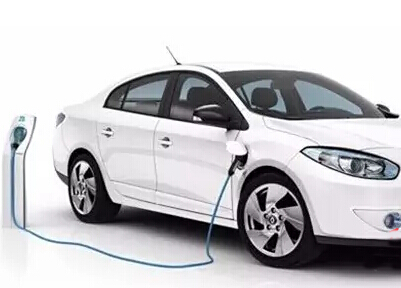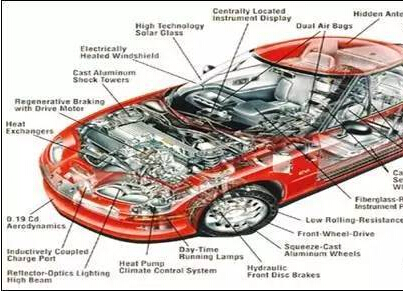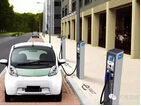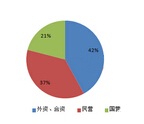November 21st, under the current trend of intelligent networking in the automotive industry, in-vehicle intelligent systems have become standard for almost all models
Since independent brands and multinational automobile companies are almost on the same starting line in the field of intelligent networking, the intelligent networking of automobiles is regarded as an opportunity for "overtaking by corners" by independent brands.
In the field of in-vehicle intelligent systems, the “homegrown” self-owned brand occupies the first-mover advantage and is the first to launch “Internet car” products, which has triggered new industry demand. As the market scale continues to expand, joint venture brands have also begun to make inroads. However, the current competition of in-vehicle intelligent systems is becoming more and more homogeneous, and it may not be easy for ancestral independent brands to use this as a highlight to achieve “curve overtaking”.
The era of software-defined cars has arrived, and the smart car market contains huge business opportunities. As the "brain" of smart cars, in-vehicle intelligent systems have become indispensable for all. At present, there is no complete and mature vehicle-machine system solution on the market. Car companies, Internet giants, and technology companies are stepping up their efforts to strive for a share in the smart car market.<
Vehicle intelligent systems are facing the dilemma of homogeneity of "one thousand machines". As the speed of software iterations increases, innovators can only lead for up to a few months, and then will be "imitation" by competitors and quickly spread throughout the industry. This is the development speed of smart cars, and it also reflects that the intelligent networking system is becoming more and more homogeneous.
Due to the complexity of in-vehicle intelligent systems, car companies need to cooperate with suppliers in different fields. In some key functions, there are only a few or two strong suppliers, which inevitably leads to the homogeneity of the functional experience.

As the problem of homogeneity of in-vehicle intelligent systems becomes increasingly prominent, the first-mover advantage of independent brands in this field is being eroded.
Some analysts believe that independent brands have a competitive advantage in intelligent network connection, because the Internet ecological environment that domestic consumers are used to is very different from the location of the headquarters of foreign brands. For example, to open up the connected car ecosystem, you need a super account to connect all aspects of life, and this ecology is very complete in China. This makes independent brands have a first-mover advantage in in-vehicle intelligent systems.
Some institutions predict that, due to the drive of commercial interests, joint venture brands are accelerating cooperation with Chinese Internet and technology companies. The completion of the joint venture brand intelligent network connection project may once again bring greater impact to independent car companies.
Independent brands are also aware of this crisis and are taking steps to pave the way for the future, such as independently developing a vehicle-machine system to form differentiated competition.
"When the Internet car first emerged, Zebra only served SAIC car companies, and now it opens its business to more car companies. As a result, our differentiated advantages are gradually weakened." System, can be more flexible to create differentiated products, thereby improving market competitiveness.
















 RCCN WeChat QrCode
RCCN WeChat QrCode Mobile WebSite
Mobile WebSite







